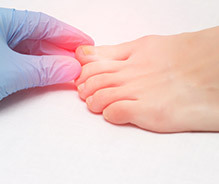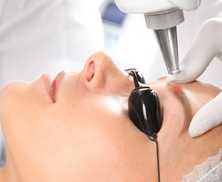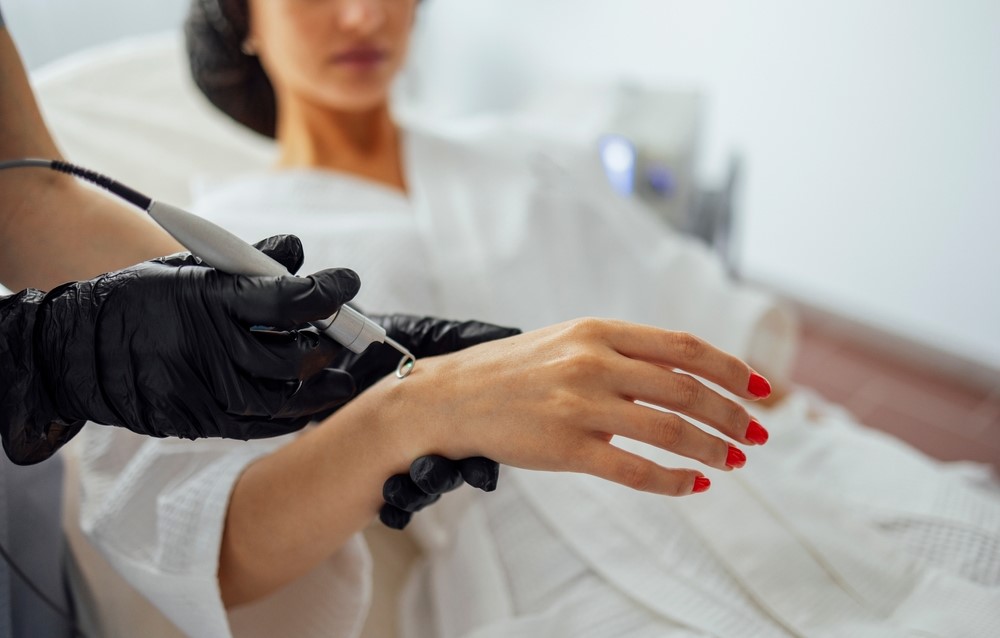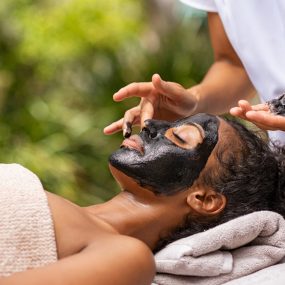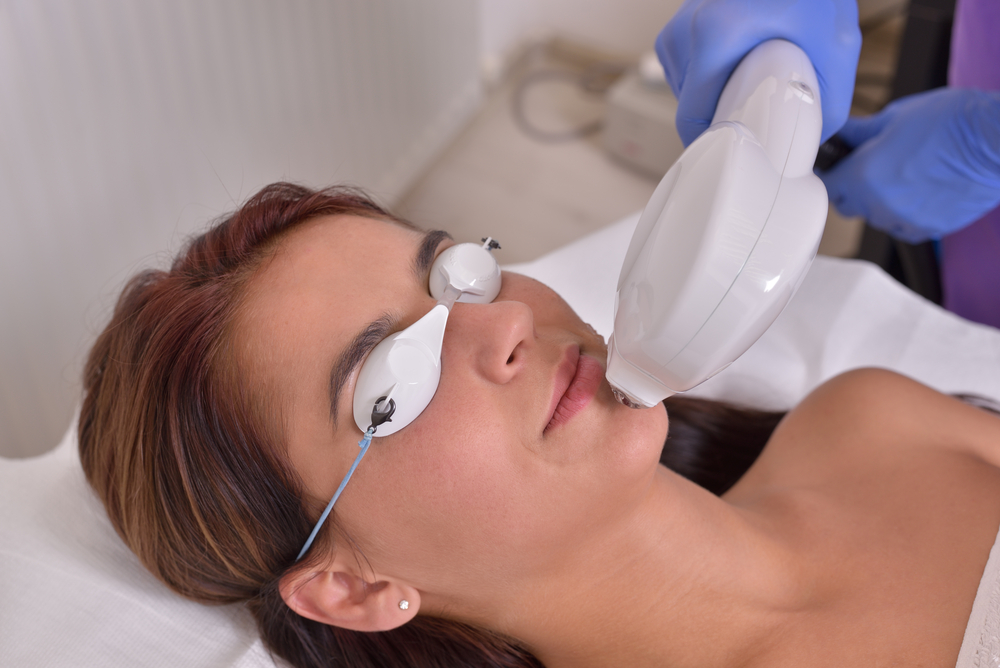Irregular pigmentation isn’t something that many of us concern ourselves with until it is too late. Like with most issues, prevention can often be just as effective as treatment if not more so. You can’t prevent pigmentation entirely as genetics, hormones, and ageing all play a factor. However, there are some simple things you can do to minimise their appearance. For those already suffering from irregular pigmentation, you’ll be pleased to hear that this can easily be treated in a clinic. You should also still follow these tips to avoid any further pigmentation issues.
Sunscreen
The most important step in avoiding any pigmentation is wearing sunscreen. Sunspots are one of the most common types of pigmentation. They are caused by too much exposure to UV and UB, hence their name. The easiest way to avoid sunspots is to make sure that you are wearing a broad spectrum SPF. Although many of us are diligent about using sunscreen when we hit the beach, dermatologists have long been recommending that we wear it daily, even if it’s cloudy or raining.
Antioxidants
Antioxidants help to reduce the of pigmentation on your skin which is why you should include them in your skincare routine, along with antioxidant-rich foods in your diet. Adding antioxidants like vitamin C to your skincare will inhibit the production of tyrosinase, the enzyme which is responsible for triggering melanin production. Vitamin E, resveratrol and retinol are some of the other powerful antioxidants you should look for in your skincare to help prevent any further pigmentation.
Inflammation
Aside from prolonged sun exposure, inflammation is the most common cause of pigmentation. Post-inflammatory hyperpigmentation (PIH) occurs as part of the body’s natural healing response. This happens when the skin is affected by an injury or burn, or as the result of acne. While PIH cannot always be prevented as it is a natural inflammatory response, one thing you can do is to avoid picking at your skin if suffer from acne or have experienced an injury or a burn; doing so can minimise the development of PIH.
What to Do if You Already Have Pigmentation
Although prevention plays a large part in minimising pigmentation, the good news is that if you already have some pigmentation issues these can easily be treated by visiting a skin care clinic.
At our Harley Street clinic, we treat all forms of irregular pigmentation including post-inflammatory hyperpigmentation, melasma, sunspots, and freckles. We use a number of different treatments in order to achieve the best results;
Here at The Laser Treatment Clinic, we treat pigmentation issues using the following methods:
• Derma White Treatment
• Nd: YAG Laser
• Advanced Dermabrasion
• Collagen Induction Therapy
The Derma White Treatment
New Skin In 1 Week
The Derma White Treatment is the solution for various skin issues on the face and body. The treatment is suitable for all skin types but is especially popular with Asian and black African skin concerns. The Derma White Treatment helps with Post-Inflammatory Hyperpigmentation (PIH), Melasma, Acne, Large-pored, Sebum cysts, Scars, Sun damaged skin and Ageing skin-rejuvenation. We have vast experience in treating dark patches on the face and body, dark lips, dark underarms, dark bikini area, dark buttocks, dark feet, toes & hands and other areas of the face and body, in-fact anyone who wants clear healthy looking skin again. This treatment helps people with various skin problems to help achieve a clearer even skin tone. The Derma White Treatment is a safe natural procedure that clears, brightens and lightens the affected area to gain the desired results with permanent results.
The treatment works in harmony with your skin and although you may see brighter glowy skin almost immediately for deeper skin issues we recommend repeated treatments every four weeks, and on average between 3 -6 treatments for maximum results. This will differ depending on your individual requirements and this will be discussed during the consultation.
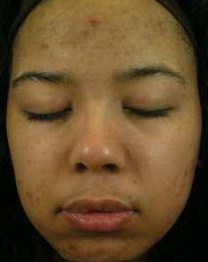
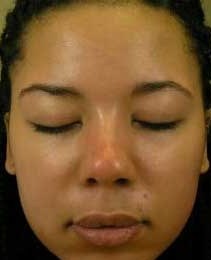
Enquire today and begin your journey to a healthy, even skin tone. Find out how we can help you with your pigmentation issues, book a free consultation with one of our skin specialists today.



